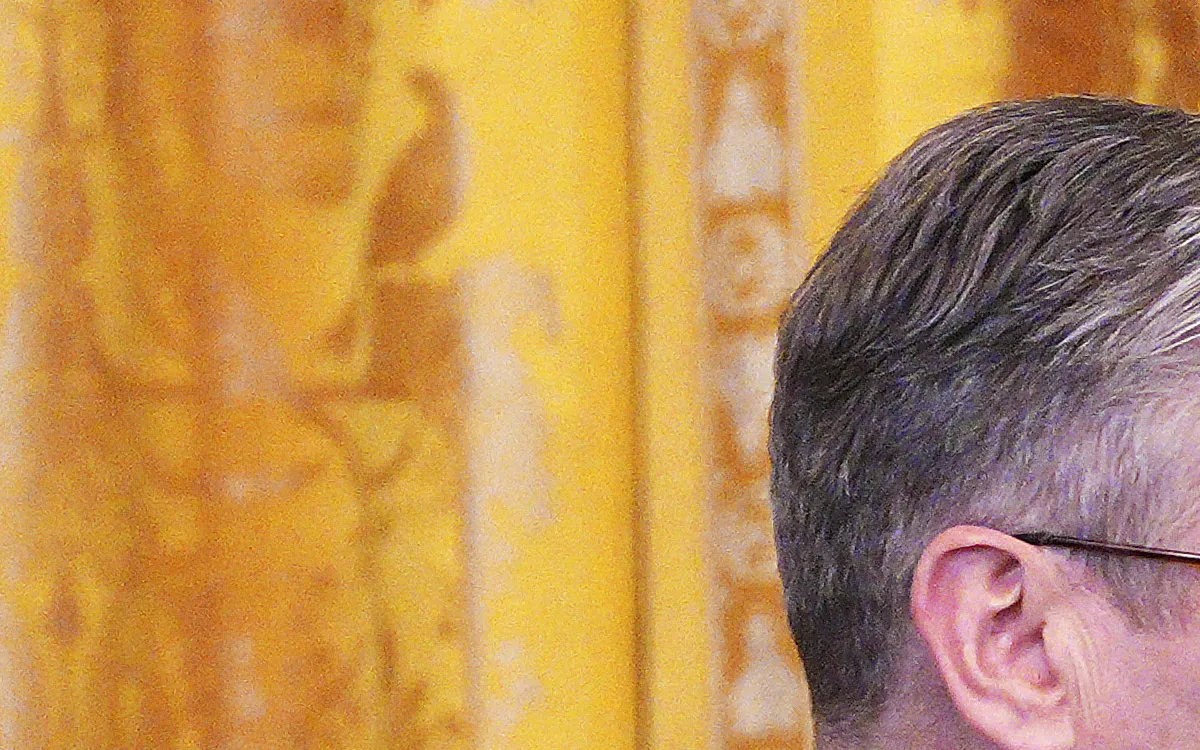
In a significant development, President Donald Trump has unveiled a framework for a new trade deal with the United Kingdom, marking the first agreement achieved by the White House following the implementation of stringent global tariffs last month. During a recent event in the Oval Office, Trump stated, “The final details are being written in the coming weeks.” He emphasized that this deal would open new market access in the U.K. for a range of American products, including agriculture, chemicals, machinery, and many other industrial goods.
As part of the agreement, the Trump administration has committed to reducing its additional 25 percent tariff on automobiles and auto parts to 10 percent for the first 100,000 cars entering the United States. Moreover, the administration will eliminate the existing 25 percent tariff on both steel and aluminum imports from the U.K. Trump remarked, “Both countries have agreed that economic security is national security, and we’ll be working together as allies to ensure a robust industrial base, appropriate export controls, and protections for key technologies and industries like steel.”
This deal is expected to generate billions of dollars in increased market access, particularly benefiting American agriculture. Trump highlighted the significant opportunities for U.S. farmers, stating, “This agreement will dramatically increase access for American beef, ethanol, and virtually all of the products produced by our great farmers.” In a notable concession, the U.K. will eliminate its tariff on ethanol, a move celebrated by U.S. corn farmers who supply the feedstock for this fuel.
Additionally, Britain has agreed to a tariff-free quota for 13,000 metric tonnes of U.S. beef. However, it has clarified that this quota will not compromise its stringent food standards, implying that beef from cattle raised with artificial growth hormones—common in U.S. agriculture—will not be included. This stipulation reflects ongoing concerns about food safety and agricultural practices.
U.K. Prime Minister Keir Starmer participated in the announcement via speakerphone, describing the deal as “hugely important” for key sectors in the U.K., including car manufacturing, autos, and steel. These industries have been adversely affected by some of the tariffs imposed by Trump. Starmer expressed optimism, stating, “With this president and this prime minister, we’ve managed to achieve what many people have tried to achieve for years. It feels completely historic.”
Despite the positive sentiments surrounding the announcement, it is crucial to note that the deal appears to fall short of the comprehensive free trade agreement the U.K. had hoped to secure with the United States following its exit from the European Union. Initial discussions about a comprehensive pact began during Trump’s first term but were never finalized.
This agreement marks the first trade deal the Trump administration has reached since the president implemented a new 10 percent baseline tariff on all imported goods, alongside reciprocal tariffs that could reach up to 50 percent on various trading partners. Shortly after, Trump announced a 90-day tariff pause, allowing countries to negotiate reductions or eliminations of the reciprocal tariff threat. Since then, financial markets have largely stabilized.
In 2022, two-way trade between the United States and the U.K. amounted to approximately $148 billion, representing about 3 percent of U.S. global trade. This figure pales in comparison to the larger trading relationships the U.S. maintains with countries like Mexico, Canada, China, and the European Union. Notably, the U.S. enjoys a trade surplus with the U.K., which likely bolstered London’s negotiating position.
The framework established by this agreement is likely to set a precedent for upcoming trade deals with other nations, particularly those in Asia, such as India, South Korea, and Vietnam. According to Wendy Cutler, a former negotiator with the U.S. Trade Representative’s Office, the U.S.-U.K. deal maintains the 10 percent universal tariff, while providing the U.K. with relief under the automotive, steel, and aluminum tariffs. Cutler noted, “If this is the case, that will embolden other partners, particularly Japan and Korea, to also insist on favorable treatment under the sectoral tariff regime.”